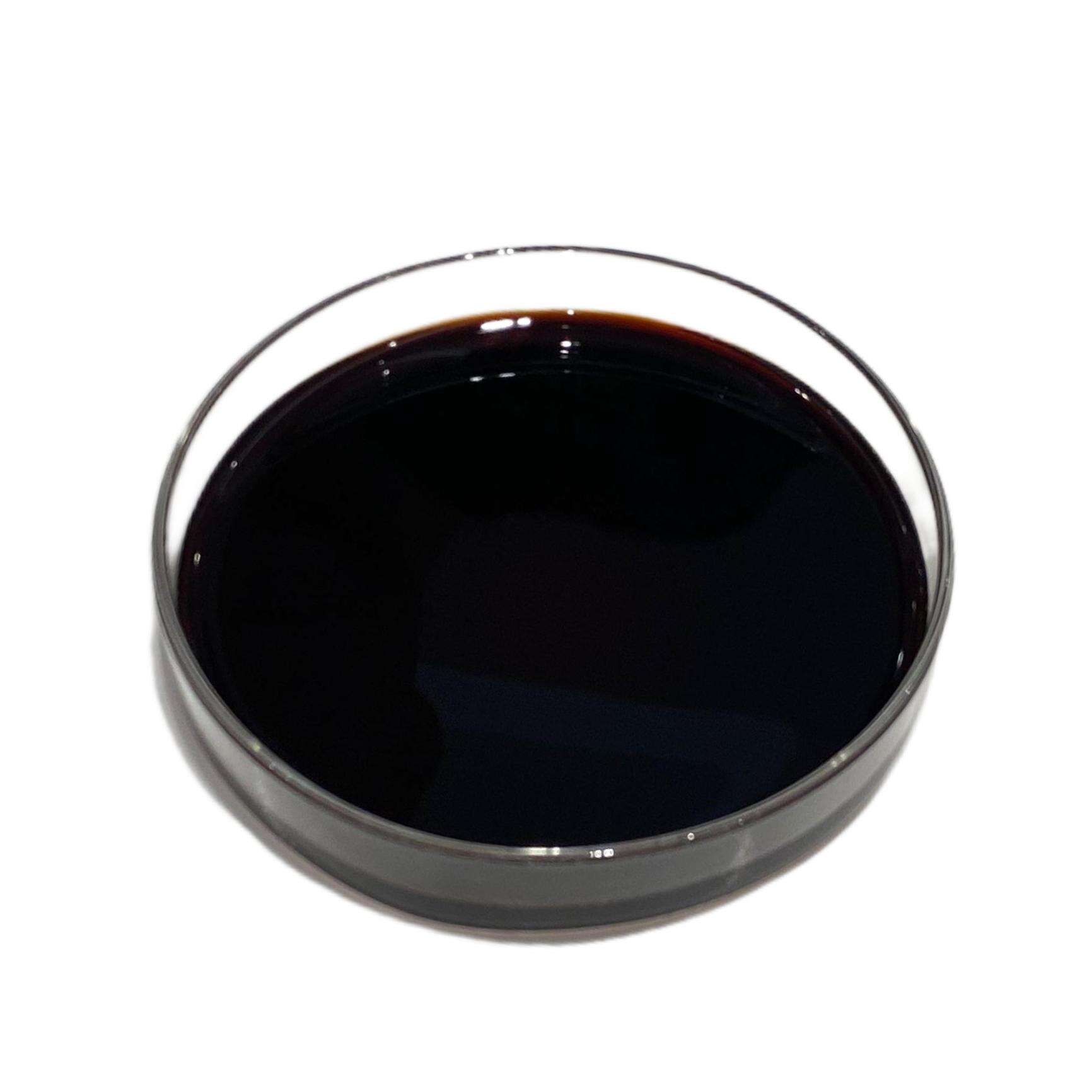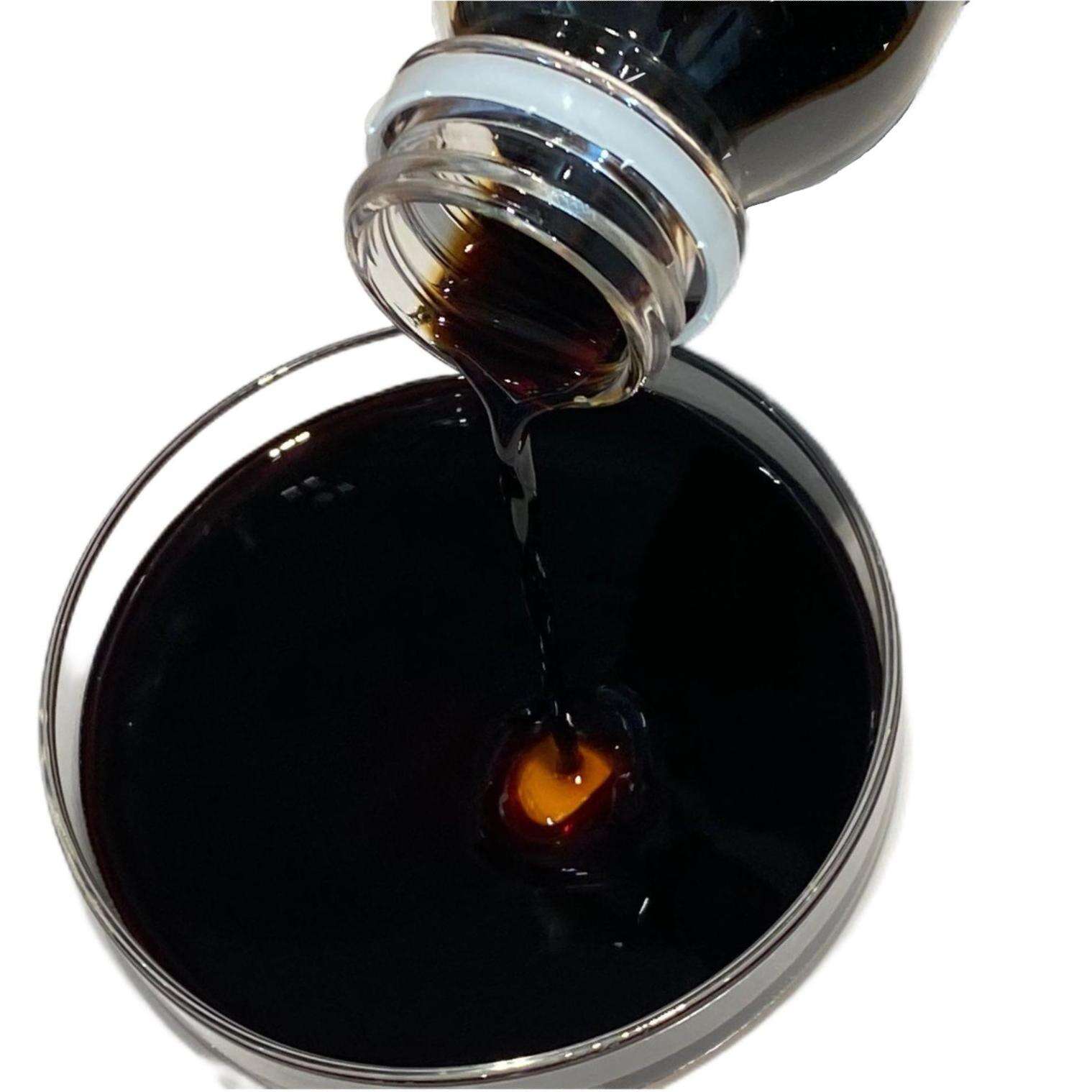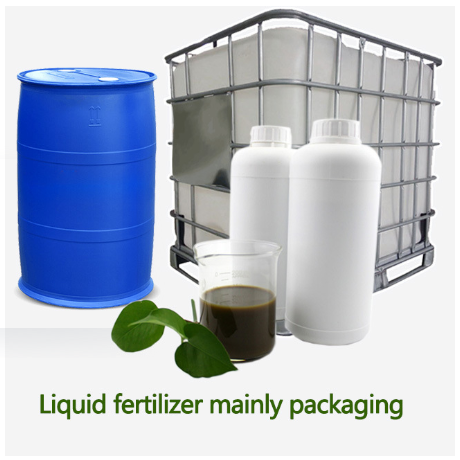Tel: +86-532 85807910
Email: [email protected]
- HOME
- PRODUCTS
- ABOUT US
- SOLUTION
- EXHIBITIONS
- NEWS & EVENT
- CONTACT
Tel: +86-532 85807910
Email: [email protected]
Hydrolysis is the familiar process in which water helps dismantle large molecules into smaller ones. This is a big deal for our bodies and for creating new stuff. Now let’s take a closer look at how hydrolysis operates!
It is a chemical reaction that occurs when a large molecule reacts with water. The water is breaking the molecule apart. It accomplishes this by breaking the chemical bonds that hold the molecule in place. The smaller pieces can then be put to use in our bodies or as the building blocks of new materials.
“Metabolism essentially is a series of chemical reactions within our cells,” Vicari says, “and everything we eat has to undergo hydrolysis.” When we eat food, our bodies digest the big molecules in the food into smaller ones through a process called hydrolysis. For instance, when we eat bread, our body uses hydrolysis to convert the carbohydrates in the bread into simple sugars. We eat these sugars, and they give us energy to make us run and play.

Water is also very important in hydrolysis because water breaks down the bonds in large molecules. The water molecules are the scissors, the little things cutting the bonds and pulling the pieces apart. You can’t have hydrolysis without water. That’s one of the reasons water is often referred to as the "universal solvent"—it has the ability to dissolve many things.

Digestion, that is how our bodies dismantle and absorb nutrients from what we consume, relies heavily on hydrolysis. When we eat food, our bodies use special proteins (called enzymes) to help accelerate hydrolysis. These enzymes chip away at large molecules, so their parts can be used by the body. Without hydrolysis, our bodies would go without the energy and material necessary to remain healthy.

Hydrolysis is also important outside of our bodies. In industry, it is used also to produce new products. For instance, in the soap making, saponification is the hydrolysis of fats and oils to fatty acids and glycerol. The soap is made from these smaller molecules. Hydrolysis also is employed to produce such things as biofuels, drugs and numerous other products.
We offer broad range hydrolysis package chemical products. Our services top-quality and have excellent after-sales system.
Qingdao Develop Chemistry Co., Ltd. founded in 2005. We have more than 20 years of professional expertise the field of disinfection water treatment chemicals. We provide top-quality products at competitive costs. Our hydrolysis beyond quality and encompasses specialized areas packaging and transportation.
We famous for our high-quality goods professional services. Our global hydrolysis has clients across more 70 countries, including France as well as Spain, Russia and Ukraine, Pakistan and Indonesia, Malaysia Turkiye. In the past year, we have delivered more 20000 tonnes of products internationally.
With strong product hydrolysis , design, material procurement, along with a solid manufacturing distribution capabilities, we will become increasingly strong as the market develops.Our principal products trichloroisocyanuric-based acid (TCCA) as well sodium dichloroisocyanurate (SDIC) as well cyanuric acids (CYA), calcium hypochlorite and calcium chloride, chlorine dioxide, and more. We are dedicated offering customers a range of products and services related to pool.